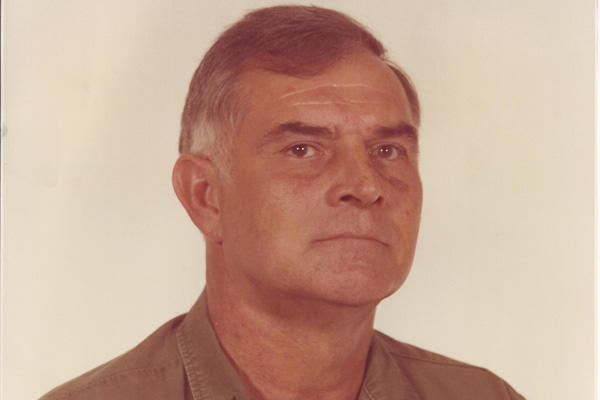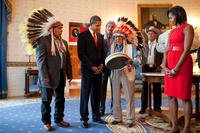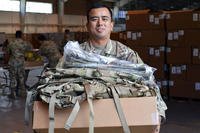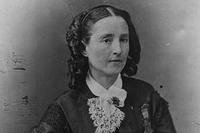Like the images of American eagles he collected, Col. Charles A. Beckwith often stood proud and alone. He had a reputation for being single-minded, which gained him honor in operations like the 1965 Delta Force rescue of Green Berets at Plei Me in Vietnam. Ironic, then, that the tough commando and Vietnam vet remains best known for his role in Operation Eagle Claw, the aborted 1980 rescue of the 52 U.S. embassy hostages in Iran.
Beckwith's handpicked secret warriors never even got a chance at the rescue. "We gotta go," Beckwith said when he was left with little more than half of the helicopters he deemed essential to mission success. As the retreat began at the staging site 200 miles southwest of Tehran, a sandstorm impeded visibility, and a refueling plane collided with a helicopter, killing eight U.S. soldiers.
President Jimmy Carter described arriving at the staging site: "[Beckwith] was really a tough guy, a former University of Georgia football player who had grown up a few miles from Plains and had dedicated his life to self-sacrifice for our country in the most dangerous and personal kind of combat service. His chin was quivering and tears were running down his cheeks."
Throughout the criticism that followed, Beckwith maintained that his decision had been correct and had been made without pressure from higher authority. "I've got the finest soldiers in the world," he said, defending his commands to politicians, journalists, and historians. In 1981, he admitted the incident was "the biggest failure of my life. I cried for the eight men we lost. I'll carry that load on my shoulders for the rest of my life."
Others take a more sanguine view. "Lady Luck just wasn't with Charlie that day," said the head of Britain's Strategic Air Services. Beckwith had trained with that group for a year before launching what would turn into the now-famous Delta Force. Beckwith's stringent Delta Force entry requirements and guidelines left little to chance, but he himself was not immune to it.













